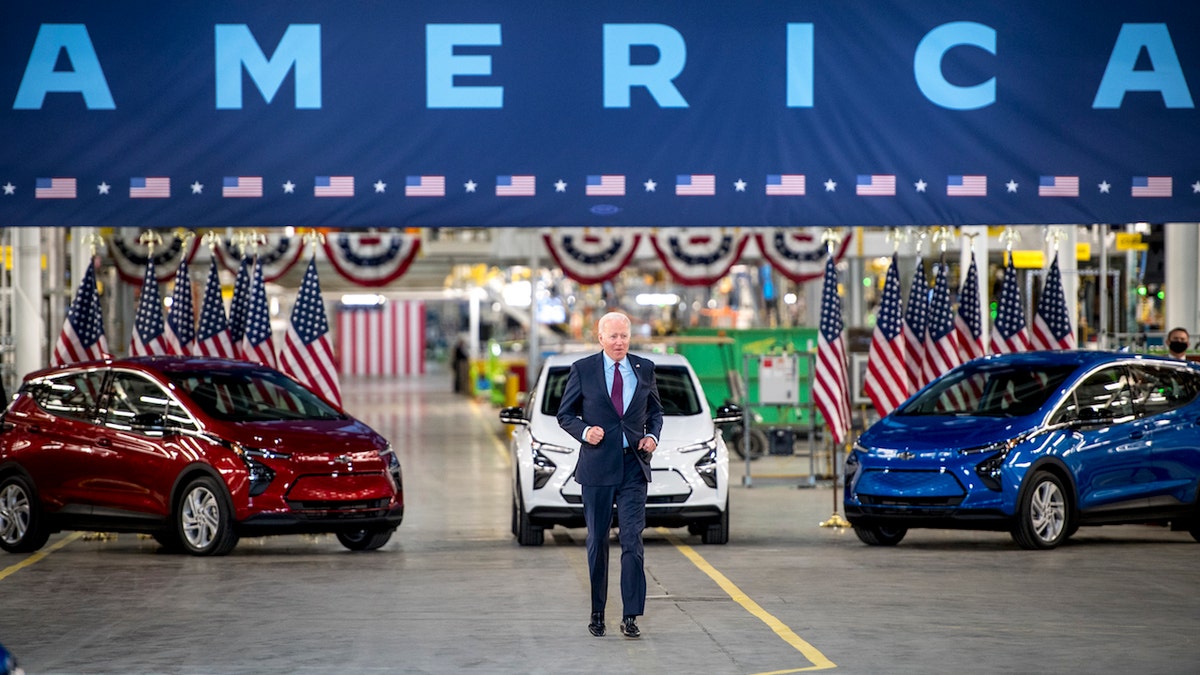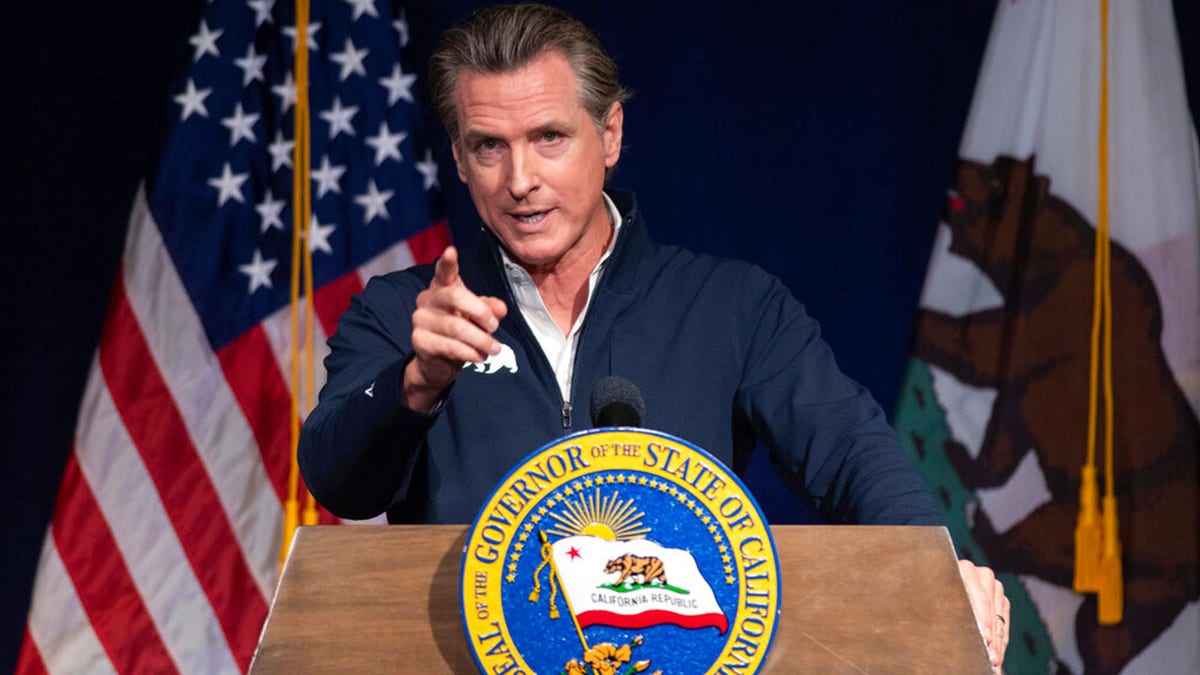A recent Pew Research Center poll reveals growing American opposition to the Biden administration's ambitious plan to phase out gas-powered vehicles by 2035. A significant 59% of those surveyed expressed disapproval of this initiative, a notable increase from the 51% who opposed it in 2021. Only a small fraction, 21%, expressed enthusiasm for the transition to electric vehicles.
This trend transcends party lines, with opposition rising among both Democrats and Republicans. While Democrats still generally favor the phase-out (64% in favor versus 35% opposed), Republican resistance has hardened, with 84% now against it compared to just 16% in support.

The Biden administration has implemented stringent tailpipe emission standards to accelerate the adoption of electric vehicles, aiming for 50% of new car sales to be electric by 2030. This push has been met with skepticism, with many doubting the feasibility of establishing the necessary infrastructure to support such a rapid shift. The Pew survey found that only 17% of adults are highly confident in the nation's capacity to build this infrastructure, while 53% lack confidence.
Despite public sentiment, the administration continues to promote electric vehicle adoption, arguing that the market is already moving in that direction. However, critics like Myron Ebell of the Competitive Enterprise Institute argue that the government is overstepping its bounds by coercing consumers into buying electric vehicles.

The EPA's proposed emissions standards, the most stringent ever, project that electric vehicles could constitute 67% of new car sales by 2032. This includes not only sedans and SUVs but also a substantial portion of buses and trucks. This ambitious target has drawn criticism from Republicans, with over 150 members condemning the administration's "ill-considered" electric vehicle push.
Adding to the complexity, the EPA has reinstated California's authority to set its own, even stricter emission standards, a power revoked by the previous administration. California, the nation's leading car market, has mandated that all new car sales be zero-emission by 2035. Seventeen other states, representing over 40% of U.S. car sales, have adopted similar rules, effectively expanding the impact of California's mandate nationwide.

However, significant hurdles remain. Gas-powered vehicles still dominate the market, comprising 93% of new car sales in 2022. Electric vehicles remain considerably more expensive, averaging $64,338 compared to $26,101 for a gas-powered compact car. Furthermore, they offer a shorter average range (234 miles) compared to their gasoline counterparts (403 miles).
Comments(0)
Top Comments